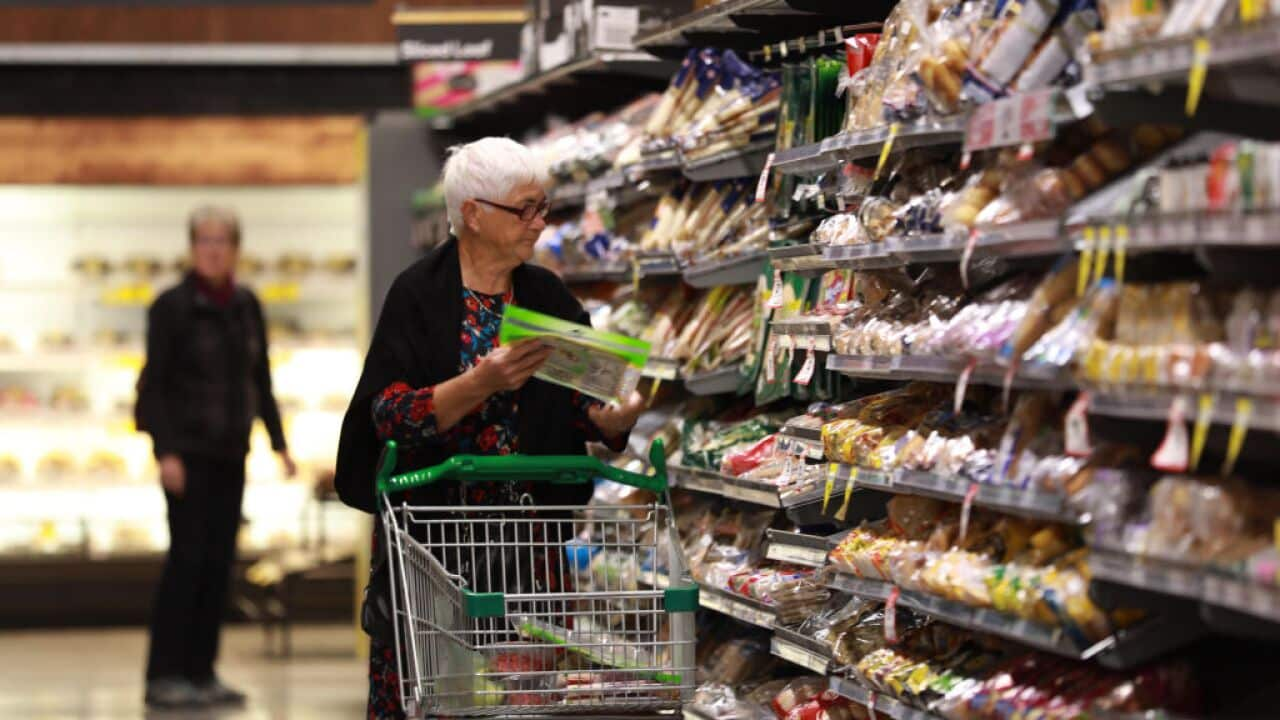KEY POINTS:
- Labor will include measures to boost the rental market.
- The Greens want a national rent freeze, which Labor says it doesn't have the power to enforce.
- Housing ministers will also meet to discuss ways to ease pressure on renters.
Renters fighting spiralling will get some relief in next month's budget, the government has confirmed, but its impacts may not be felt for a little while yet.
Research conducted by SQM found rents had risen an average of 11 per cent over the past 12 months, . That's been especially felt in capital cities.
With many Australians simply locked out of the property market by escalating prices, the proportion of renters has reached roughly a third.

Mr Albanese meets state and territory leaders at National Cabinet on Friday. Source: AAP / Darren England
"Every state and territory is doing something in this area ... [But] I doubt whether you'll have a completely uniform system coming out [of the meeting]," he said.
And Labor has also announced some concrete changes, one coming into effect from next month, which it argues will ease pressure.
So what do we know?
What is being done on rents?
Labor has announced two tax incentives to encourage the construction of rental homes, which it says will lower rental costs overall.
A tax write-off - known as the depreciation rate - will be lifted on any new build-to-rent property built after budget night, 9 May. Owners of investment properties are currently able to write-off 2.5 per cent each year, to reflect the house's declining value, a figure which will rise to 4 per cent.
And in a bid to attract extra investment, taxes on new rent-to-buy buildings will also be halved to 15 per cent from mid-2024.
But because the measures apply to constructions starting this year and 2024 respectively, the measures may not bring down prices immediately.

Source: SBS News
"If you want cheap, certain public housing, then public housing is the way to go. If you want more expensive, uncertain housing, then this kind of complicated financial incentive is the way to go," he said.
At a state level, the Queensland government has moved to ensure rents cannot be raised more than once a year, bringing it in line with Victoria, South Australia, Tasmania and NSW. The NT and WA allow landlords to increase rents every six months.
The ACT is the only jurisdiction which caps rent increases, limiting them to no more than 10 per cent above the Consumer Price Index.
But the Greens are demanding a national rent freeze, which the federal government insists it does not have the power to enforce.

Greens member for Griffith Max Chandler-Mather. Source: AAP / Mick Tsikas
"Every day they don't come with a concrete proposal to stop rents going up is another day another family will face eviction into homelessness, another day renters will have to contemplate $150-a-week rent increases that they can't afford," he said on Friday.
Mr Albanese said there was unlikely to be a one-size-fits-all response from the housing ministers' meeting.
"Some of those [ideas] are around the frequency of any rent increase that can occur ... It's up to states and territories, this is within their power to determine. I doubt whether you'll have a completely uniform system coming out," he said.
What else is being suggested?
Rising house prices, locking many Australians into the rental market, have been partially driven by a lack of supply.
Labor is trying to pass its main housing package through parliament, but has hit a road block in the Greens.
The scheme would see $10 billion invested in a housing future fund, with the returns to be used to fund the construction of new homes.
Labor says those returns could reach as much as $500 million annually, and build an average of 6000 homes each year for the next half-decade.
The Coalition has labelled the plan an "accounting trick" to keep the budget technically in check, while the Greens argue it doesn't go far enough.
They want $5 billion invested in social housing every year, and have called for a national rent freeze as Australians grapple with spiralling cost-of-living crisis.
What else has National Cabinet agreed?
The state and territory leaders signed off on a $2.2 billion plan to reform Medicare.
They backed plans to improve access to after-hours care for patients and expanding the number of nurses in the workforce.
Mr Albanese said health would be the main focus for National Cabinet for 2023, with reform in the sector to be discussed at a meeting in the last quarter of the year.
National Cabinet also discussed the National Disability Insurance Scheme, committing to a framework to ensure it is made more financially viable.
This would set a target growth of no more than 8 per cent by July 2026, with the scheme on track to be the most expensive item in the federal budget, eclipsing Medicare.
More than $720 million has been committed to boost the capability of the agency in charge of the scheme to better support participants.
- additional reporting from AAP.











